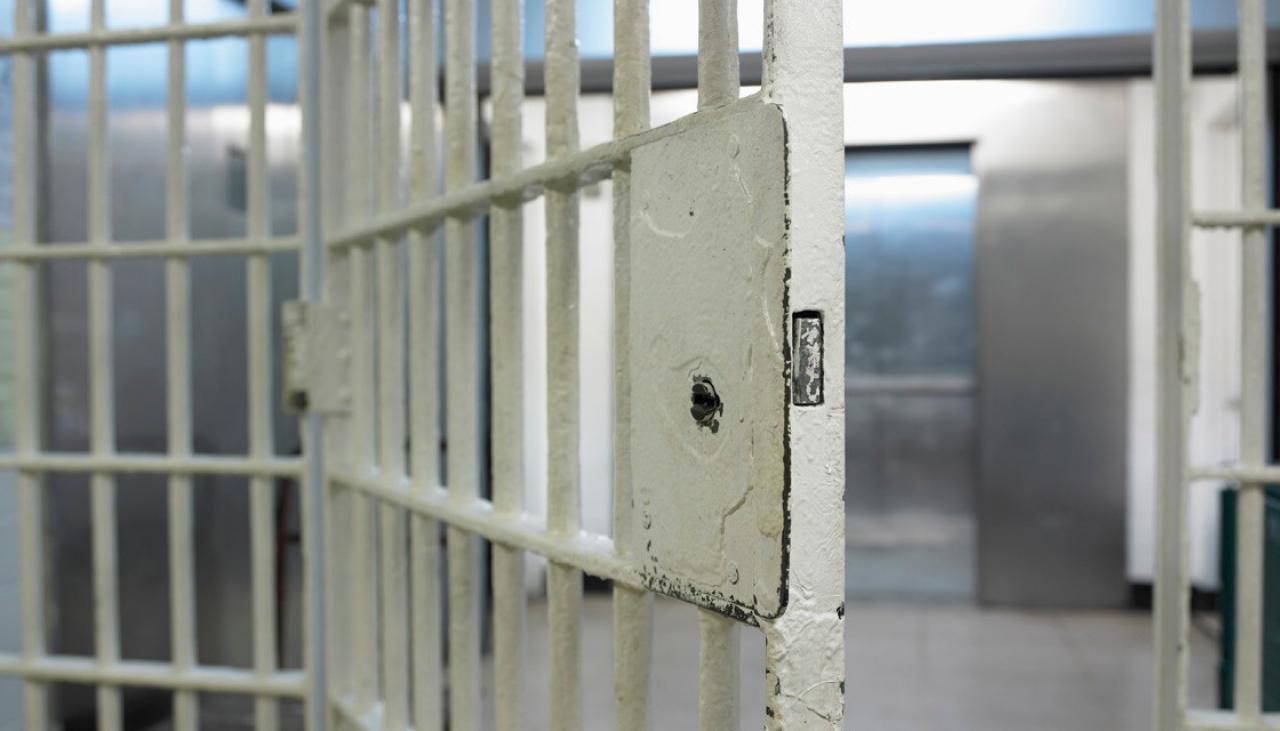A teacher was sentenced to 20 years in prison by a Russia military court on charges of “high treason” for transporting money to Ukraine. The instructor claimed that his colleagues had reported him to the authorities.
Since commencing the armed war against its pro-Western neighbour in February 2022, Russia has unleashed a massive crackdown on dissent or claimed sympathy for Ukraine, resulting in thousands of individuals being imprisoned or punished.
The RIA Novosti news agency was informed on Thursday by an unidentified representative of the jurisdiction that Daniil Kliuka, 27, would serve five years in prison and an additional fifteen years in a “strict-regime penal colony”.
The defendant was found guilty on Wednesday of “high treason” and “support for terrorist activities,” according to the court’s website.
According to the Russian media outlet RBK, Kliuka is suspected of making two bitcoin bank payments to the Ukrainian charity “Come back alive” that raises funds for the troops of that nation, totaling between 20,000 and 100,000 rubles ($229 and $1,146).
Kliuka apparently intended to transfer funds to the Azov regiment in Ukraine, which Russia has designated as a terrorist group, according to the indictment.
Kliuka entered a guilty plea during the trial, according to RBK. Russian media said that he was taken into custody in the Lipetsk district, south of Moscow, in February 2023.
The political repression organisation Politzek-Info on Telegram released a letter by Kliuka in July of last year. Kliuka claimed he was imprisoned for drawing facial hair, beards, and moustaches on people featured in a local newspaper that supported the Kremlin.
Kliuka claimed that after Russia began its war operation, his schoolmates saw the drawings in the media and denounced him, which resulted in his dismissal.
The purpose of Kliuka’s sketches, according to him, was to “have a laugh” or “express his feelings”.
He wrote that they “gave them these newspapers and said I was interested in explosives” when they called the FSB security service.
He went on to say that he was forced to admit that the money transfers discovered on his phone were intended for relatives in the occupied Lugansk region of Ukraine, and that the money was meant to support the Azov regiment.


Comments are closed, but trackbacks and pingbacks are open.